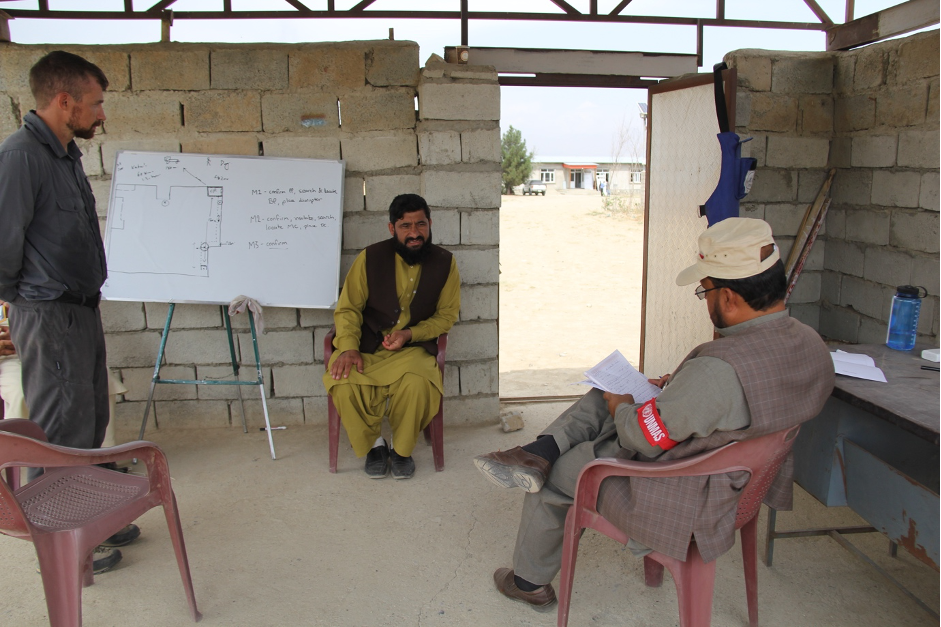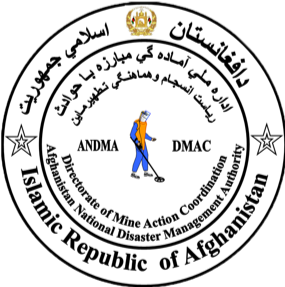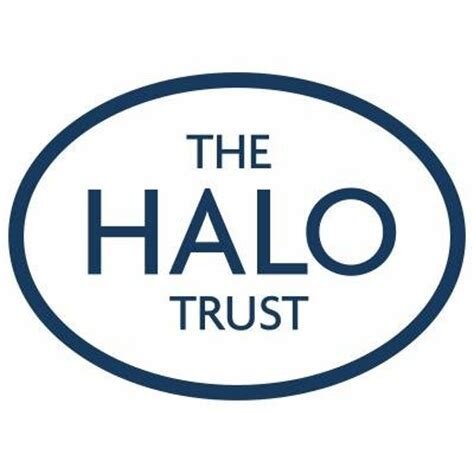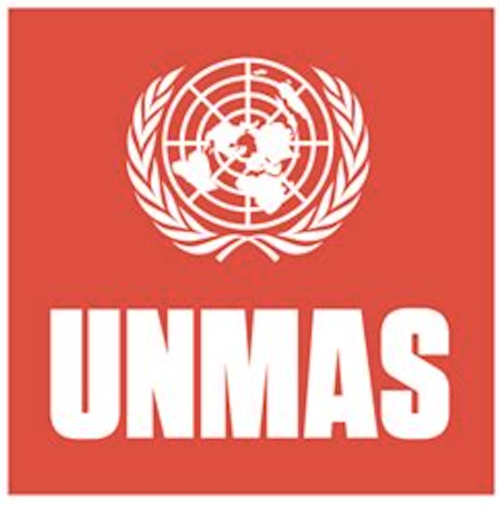Delivery of training to the Mine Action Programme of Afghanistan (MAPA)
AIM clearance practice supervised by mentor.
BACKGROUND
The emphasis for humanitarian mine action in Afghanistan is changing, with strong indicators that just over half of all explosive hazard related accidents are now caused by victim operated improvised explosive devices (VO IEDs). The reasons for this vary and include the continued successful survey, marking and clearance of the legacy conventional mine contamination and the increased use of IEDs since 2003. Historically there have been sensitivities associated with the MAPA’s interaction with IED contamination, and key to overcoming this has been the MAPA defining victim operated IEDs that function in a similar manner to a conventional mine (through contact with a victim) and that are no longer part of an active conflict as an Abandoned Improvised Mine (AIMs). This helped provide confidence that the MAPA would not become a party to Afghanistan’s current conflict and paved the road for far-reaching humanitarian survey and clearance operations.
In 2018, HALO Afghanistan developed an initial pilot project to clear AIMs from parts of Afghanistan no longer in active conflict. This project was launched around the same time as the development of a new International Mine Action Standard (IMAS) specific to IED Disposal and the Directorate of Mine Action Coordination’s (DMAC) release of the MAPA’s first National Standard in AIM clearance.
OUR ROLE
AIM clearance Train-the-Trainer course with a student running a simulated disposal task for one of the instructors.
Artios designed and delivered the training programme based on a Needs Analysis from UNMAS. The training consisted of eight courses, delivered over a period of 15 weeks:
Basic AIM Non-Technical Survey (NTS)
Advanced AIM NTS
AIM awareness
Basic AIM Clearance
Intermediate AIM Clearance
Advanced AIM Clearance
Train-the-Trainer
Quality Management.
AIM clearance Train-the-Trainer course with a student running a simulated disposal task for one of the instructors.
Artios developed Training Management Plans (TMPs) for each course, all of which were approved by UNMAS. The Artios training team deployed to Kabul earlier than originally specified due to the COVID 19 crisis, with all staff entering the country undergoing 14 days of quarantine in accordance with the Afghan government’s requirements. Although COVID 19 raised numerous challenges to course delivery, it is notable that no cases were detected in either students or staff and that the training was delivered on time, within budget and to the quality standards originally proposed pre-pandemic. This was greatly assisted by HALO’s provision of a range of excellent training facilities, including an appropriate classrooms and real estate where social distancing for 24 students was possible.
RESULTS
A student giving a debrief after running a simulated AIM disposal task during the Train-the-Trainer course.
The training delivered by Artios has prepared key members of the MAPA to scale the AIM survey and clearance capacity in Afghanistan, through competence in the Non-Technical Survey, manual clearance, AIM disposal, Quality Management and delivering further training to many more Mine Action staff.
Of specific note is that 19 students qualified in the disposal of AIMs: 16 to a level where they can conduct Render Safe Procedures and 3 at a destruction in-situ only standard. This is an excellent achievement and demonstrates the dedication that was applied to the training by the students, including numerous 6 day working weeks and long days of practical training under some demanding conditions.
With special thanks to:
United Nations Mine Action Service (UNMAS)
The HALO Trust
Mine Action Programme of Afghanistan (MAPA)
Directorate of Mine Action Afghanistan (DMAC)






